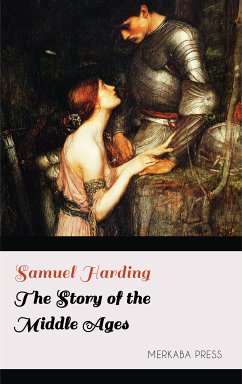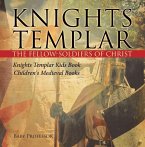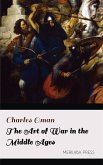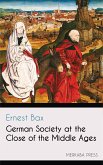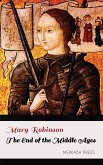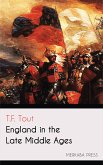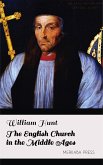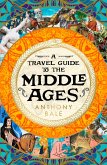When Columbus in the year 1492 returned from his voyage of discovery, a keen rivalry began among the Old World nations for the possession of the New World. Expedition followed expedition; Spaniards, Portuguese, French, English, and later the Dutch and Swedes,-all began to strive with one another for the wealth and dominion of the new-found lands; and American history-our own history-begins...
Dieser Download kann aus rechtlichen Gründen nur mit Rechnungsadresse in A, B, BG, CY, CZ, D, DK, EW, E, FIN, F, GR, H, IRL, I, LT, L, LR, M, NL, PL, P, R, S, SLO, SK ausgeliefert werden.

